Economic disaster beckons as water-hungry investors buy up Africa's land
- The Guardian
- 31 August 2012
Water drawn from rivers, dams or underground to irrigate new farms in Africa may severely affect users downstream
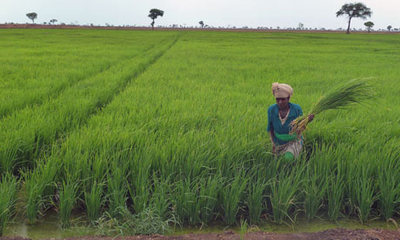
Water drawn from rivers, dams or underground to irrigate new farms in Africa may severely affect users downstream
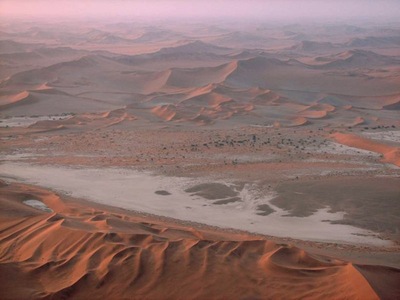
The arid nation of Namibia has a newly discovered aquifer called Ohangwena II, that spans its northeast region, which flows under the boundary between Angola and Namibia, and now the challenge of balancing profit with sustainability looms overhead.

Disclosure is the only option. To deny that products have their origins in land leased or purchased under dubious circumstances will only push discerning consumers away. The “fair use” or “land grab free” labels could find their way on food and other products in the coming decade.
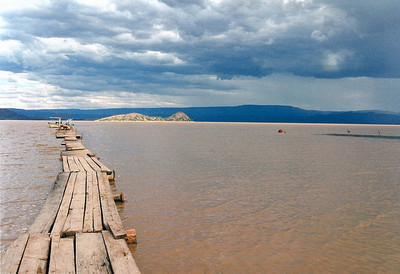
La « World Water Week » a débuté le 27 août à Stockholm. Si l'accaparement des terres est un sujet bien couvert, celui de l'eau fait moins l'objet d'attention de la part des ONG et des médias. Plusieurs études comblent cette lacune en montrant que l'eau est un enjeu majeur dans les transactions foncières à grande échelle.
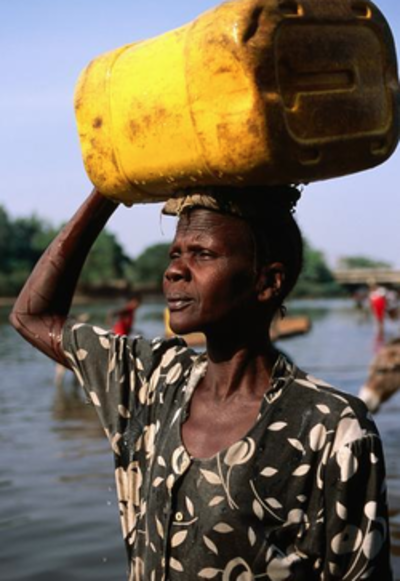
GRAIN examina lo que hay detrás de la fiebre por las tierras en África y revela que hay una lucha mundial por algo que, cada vez más, es considerado una mercancía más preciosa que el oro o el petróleo: el agua.
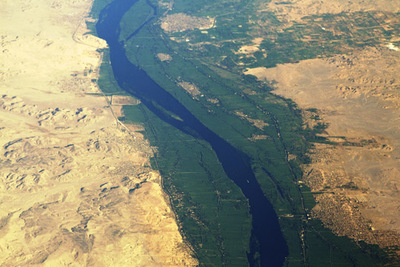
Special issue of Water Alternatives

GRAIN looks behind the current scramble for land in Africa to reveal a global struggle for what is increasingly seen as a commodity more precious than gold or oil - water.

Detrás de la nueva conquista especulativa de tierras se encuentra el agua como factor estratégico
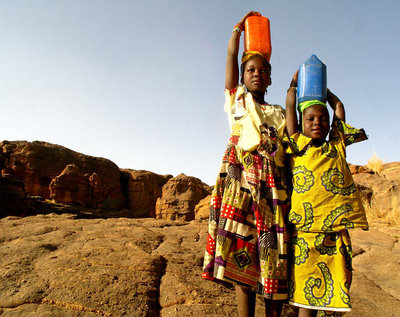
Water grabbing refers to situations where powerful actors take control of valuable water resources for their own benefit, depriving local communities whose livelihoods often depend on these resources and ecosystems.
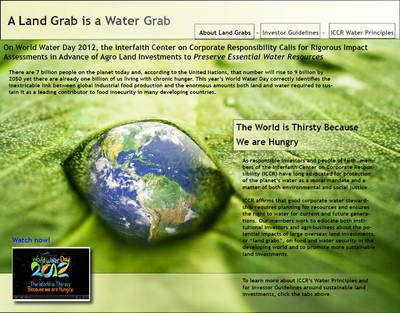
The focus of this year's World Water Day is on water and food security, and the Interfaith Center on Corporate Responsibility launches a campaign to educate institutional investors on the impacts of large acquisitions of farmland in the global South.
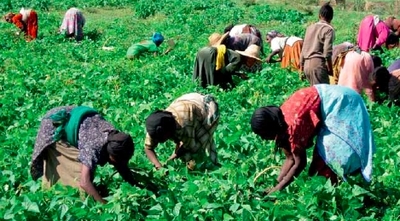
A new exploratory report from the Stockholm International Water Institute investigates how the current surge in land acquisitions and investments by foreign countries, sovereign wealth funds, private corporations and domestic investors will affect transboundary water management, an area where current knowledge is sparse.
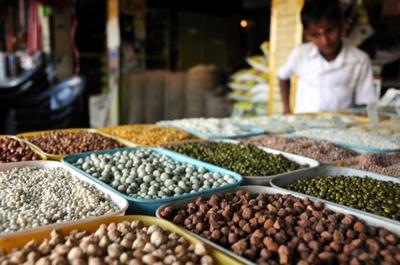
Saudi Arabia is reducing grain production to reduce unsustainable use of groundwater and encouraging companies to lease tracts of land in Africa for growing, a new UN report on water says.

|
Obsolètes, les réformes agraires ?
|